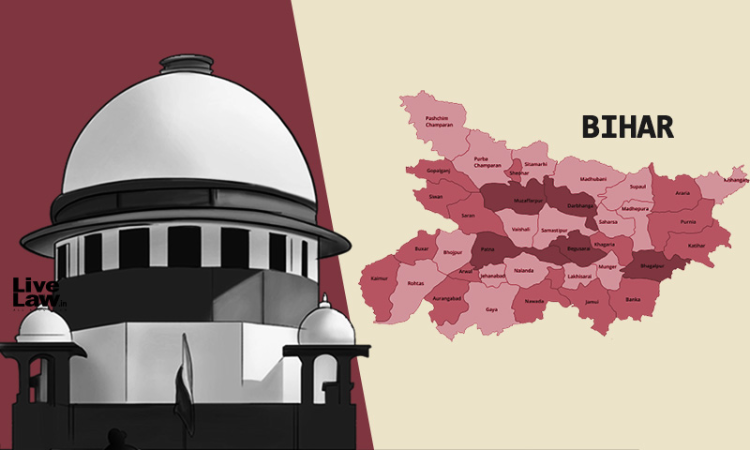The Supreme Court has asked the State of Bihar to look into the guidelines for arrest, keeping in view section 41A of CrPC, akin to those which have been issued by the Delhi Police. It said that the Bihar government may implement the same guidelines with any amendment/ modification, if required, for giving effect to the mandate of section 41A.Moreover, for better administration of justice and...

